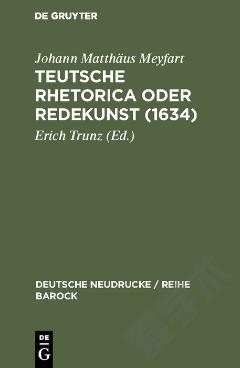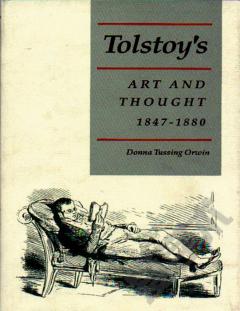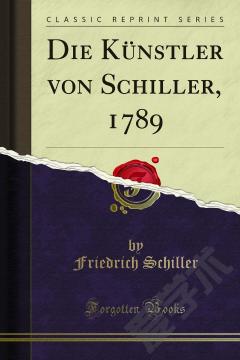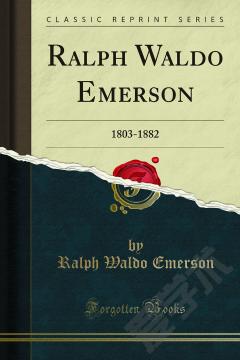Wilson's Arte of Rhetorique, 1560
Thomas Wilson was educated first at Eton; in 1541 he became a scholar of King's College, Cambridge. The time and the cir cumstances were fortunate. During his residence there Sir John Cheke was chosen provost, and Wilson was thus thrown into contact with what was at once the most progressive and the most national side of English Humanism. Through Cheke and Sir Thomas Smith (himself a member of King's and afterwards his predecessor in the Secretaryship of State) he gained the friendship of Roger Ascham; through them, too, he became intimate with Walter Haddon, another member of the coterie and the most distinguished Latinist of his time. With him Wilson collaborated in his earliest book. Before he left Cambridge he had become one of a school of men who, by their scholarship and the individuality of their Opinions, did much to mould the course of the Renaissance in England on its pedagogic side, and who had no inconsiderable influence on the development of English prose. From them he learned the lesson of simplicity and his horror of exaggerated Latinism. He fought side by side with them in the crusade against inkhom terms, and he bore the brunt of the battle. For whereas Ascham confined himself to the practice of teaching and the composition of dialogues which contain precepts in style only by the way whereas Haddon distilled from his pen poetical effusions in the learned tongues and Cheke's influence was exerted through personal contact only, Wilson set himself in his textbooks on Logic and Rhetoric to provide sure guidance for the aspiring student who was anxious to acquire what the new learning had to give him. Through him the teaching of Cheke and Ascham found its way to a wider circle of disciples than either of these could command.
{{comment.content}}








 京公网安备 11010802027623号
京公网安备 11010802027623号